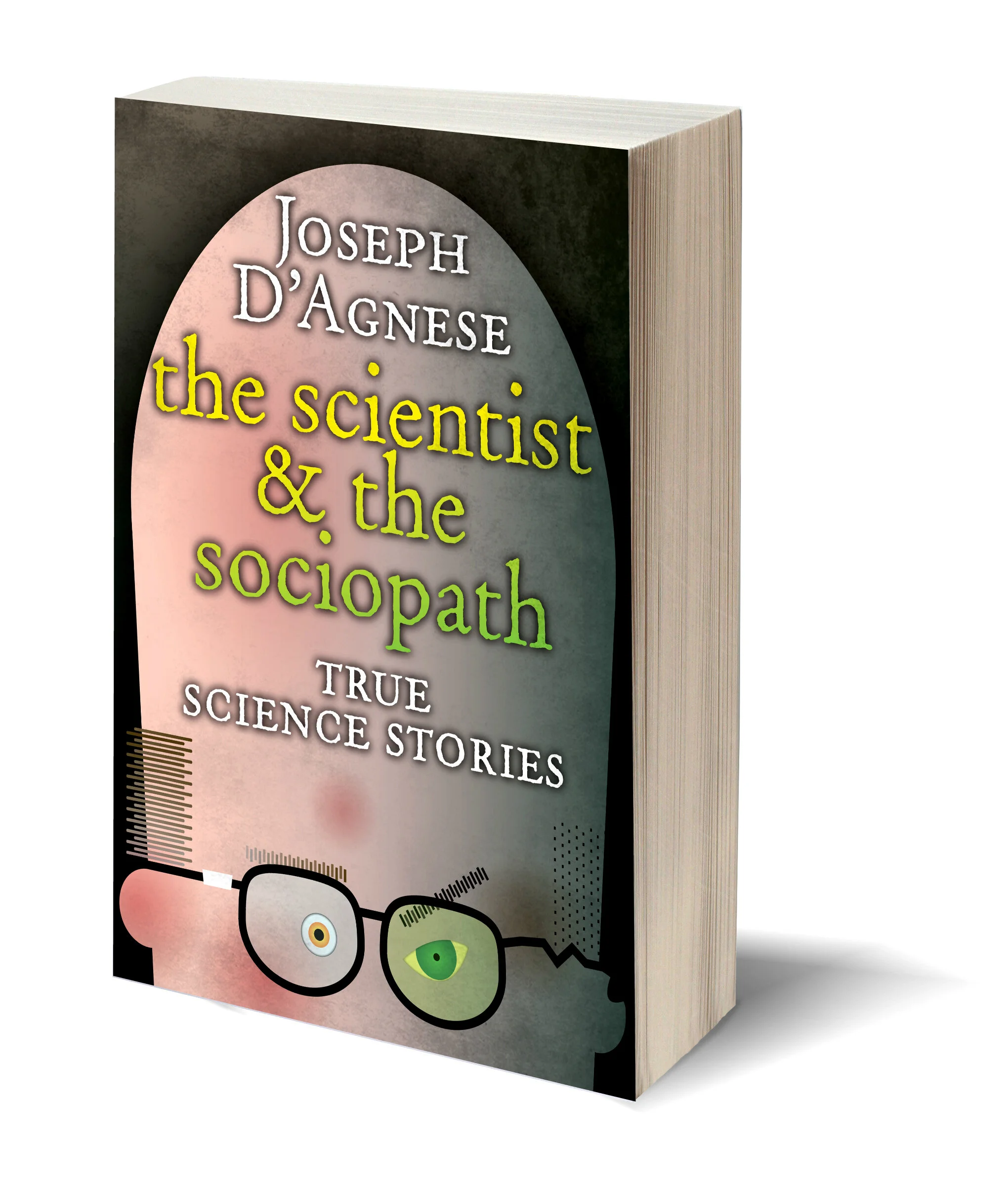Before January 2020 slips away, I should probably talk about how I ended up mentioned in a CNN article five days into this New Year. Before the old year ended, I started getting emails from various people–reporters, educators, others–asking me to comment on an article I wrote for Discover twenty freaking years ago.
In the year 2000, I wrote an article that predicted what life would be like in 2020. “What You’ll Need to Know in 2020 That You Don’t Know Now,” appeared in the September 2000 issue of the science magazine. Among other things, I wrote that in 2020 we’d need to know how to talk to our homes, that we’d fret a lot about our online reputations, and we’d need to have our irises scanned to board aircraft.
Am I a genius prognosticator and futurist? Hardly. I was just a reporter who interviewed a bunch of really smart people. As I recall, when the editors of the magazine hired me to write the story, they already had the title in mind but weren’t 100 percent sure that it would bear fruit. My editor and I drew up a list of scientists the magazine had worked with or had interviewed in the recent past, and set me free to contact as many as I could and ask them how they saw the future shaping up.
“Prepare Yourself for 2020”
At the time I thought some of the predictions were off the wall. The one about cleaning up our digital reputations, for example, seemed nutty to me. But in the year 2000, I had been surfing the web for all of three years. Social media as we knew it didn’t exist. Facebook wasn’t created until four years after my article, but geniuses like virtual reality pioneer Jaron Lanier, quoted in my story, were already thinking about how such platforms would alter the way we interact with others and how we think of ourselves.
When I look at the article today, it feels like a lot of predictive literature—it’s only accurate if you look at it a certain way. Yes, some of us are talking to our homes, but does Alexa count? Some of us are having our irises scanned to get preferential TSA treatment, but most of us are shlepping our way through security the old-school way.
Actually, strike that. Not a single one of the scientists and thinkers I interviewed predicted 9/11—an event that occurred eleven months from the publication of that magazine issue. Indeed, none of the articles written by my fellow reporters in that futures issue predicted that a single act of terrorism would forever alter American life, security, and so on.
So I can completely understand the tone of the CNN article that gently mocks the predictions of futurists.
Anyway, if you’re interested, my original story lives on the Discover magazine website.
The CNN article is here. (My article is mentioned late in the piece.)
And here’s just a random article about how science fiction writers imagined the 2020s.
If you’re into science, my Discover story also appears in my nonfiction book, The Scientist and the Sociopath, which is a collection of my best science writing.
Here’s to a wonderful 2020 for all of us, and to a future most of us have barely imagined.
I hope you liked this post. If you want to stay better in touch, please consider signing up for my newsletter. I use that platform to talk about various writing projects, and upcoming books. As a thank you for subscribing, you’ll get a handful of ebooks, including one that you can’t get anywhere else.
Credit: Crystal ball image by Sasha • Stories on Unsplash




